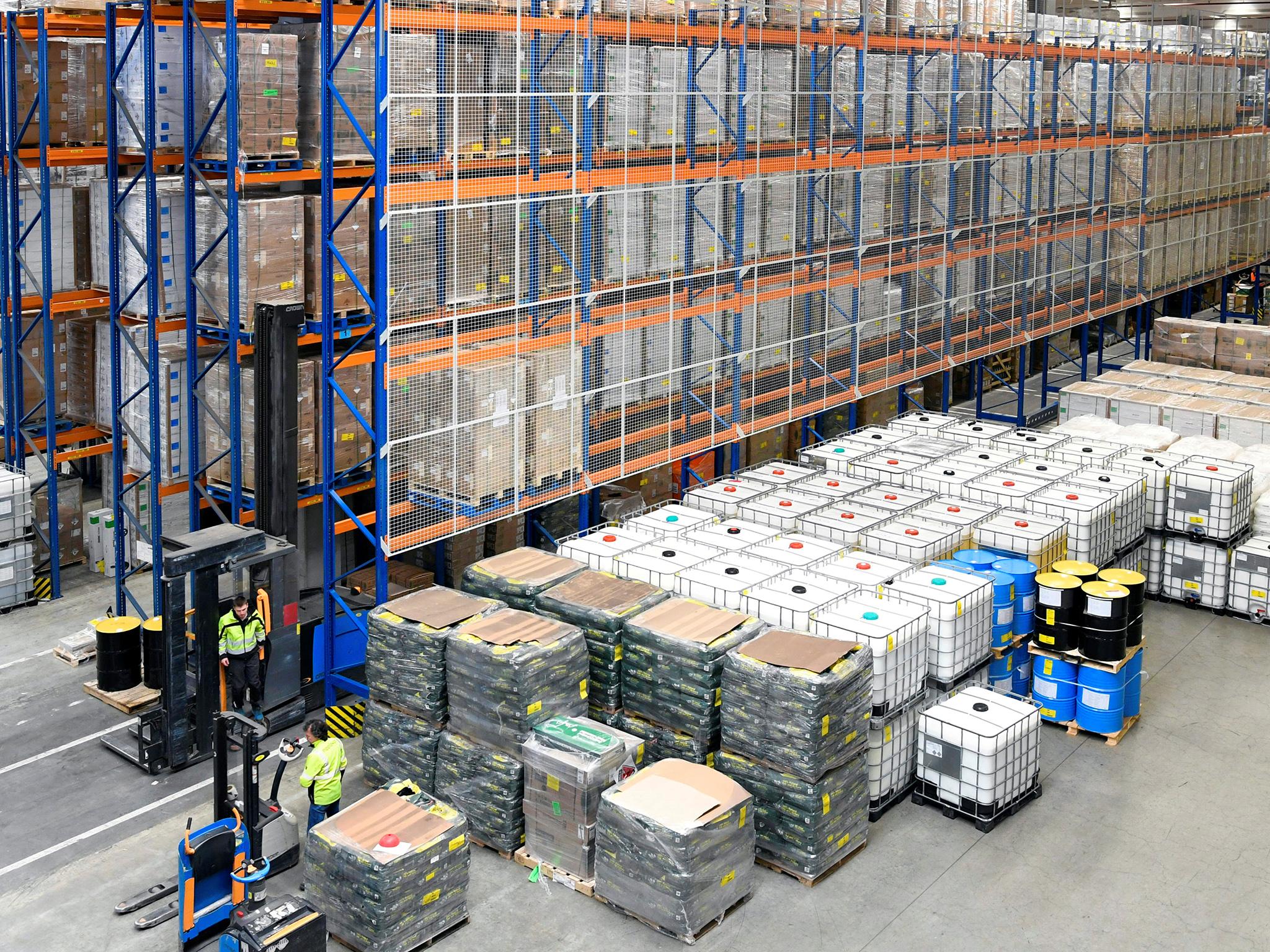There will be no economic dividend from a Brexit deal and here’s why
James Moore says it will take months for firms to recover from stockpiling for a no-deal exit


Who’s going to be the first to start talking about a Brexit “deal dividend” emerging from Boris Johnson’s dismal offer? It’s a bit academic given that the European parliament has already promised to veto it. But I doubt that will prevent Britain from engaging in the pointless process of talking to itself. So hands up at the back now!
Whoever it is will be indulging in a fantasy, as an interesting piece of research published today by the Centre for Economics and Business Research (CEBR) makes very clear.
The forecaster has looked at inventory, and how it’s been affected by Brexit and firms’ stockpiling to prepare for a no-deal crash out.
This remains a clear and present danger. Just how much of a danger depends on the view you take of the strength of Benn Act, Boris Johnson’s willingness to break the law of the land, and the possibility that the EU may simply throw its hands in the air and say screw the lot of you. You could hardly blame it for doing that, despite the presence of millions of pro-Europeans on this island who would be let down by such a move.
The CEBR says that inventories, for example, raw materials held by factories, were little higher than expected at the end of 2018.
Stocks rose by £10bn in the first quarter of 2019, as stockpiling got underway in earnest ahead of the end of the March Brexit deadline. They then fell by £3bn in the subsequent quarter. They’ve since started to rise again, for obvious reasons.
The CEBR thinks about £4bn worth has been added, bringing the total overhang to £11bn above where you’d normally expect (and want) inventories to be in more normal times.
It bases its conclusions on authoritative business surveys, such as those of put out by the CBI, which regularly asks its members about their inventories.
Now, such stockpiling could be said to help a bit if you’re a no-dealer because, if you ignore businesses warning that such an outcome would be disastrous for everyone, you can pretend they’re prepared.
That would be a lie because they aren’t. Multiple businesses and business groups say that while they’ve done what they can, such an outcome simply cannot be prepared for. But Brexiteers have never been inclined to let the truth get in the way of what they see as a good story.
We, however, are looking at a deal outcome.
Now remember, the UK economy shrank in the second quarter of the year, largely because of firms unwinding that £3bn of inventory overhang.
If a deal is struck, that process will start again. Except that there’ll be a lot more stock to unwind. Worse still, the global economic outlook has detonated since the second quarter, as has that of the UK. Last week I looked at the latest set of Purchasing Managers Index numbers for manufacturing, services and construction, all of which showed contraction.
So it’s going to be harder to move the excess stock than it was in the second quarter because businesses will be selling into a less buoyant market.
The upshot of all this? Batten down the hatches because whatever happens we’re likely in for a rough few months. Potentially a very rough few months.
This only serves to reinforce what I said last week: the opposition should wait as long as it can before granting Boris Johnson an election, so the economic vandalism he and his party have delivered becomes clear to the electorate.
Join our commenting forum
Join thought-provoking conversations, follow other Independent readers and see their replies
Comments